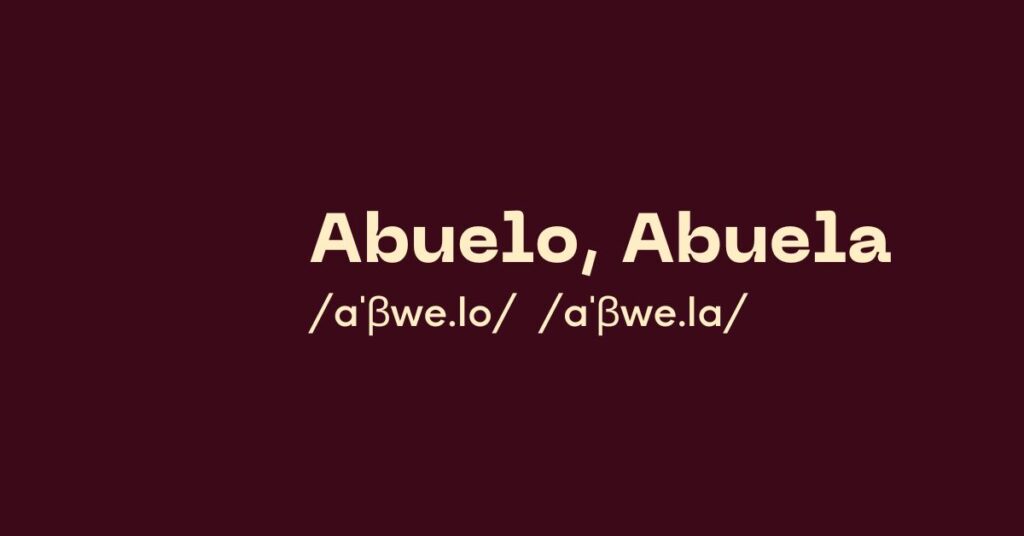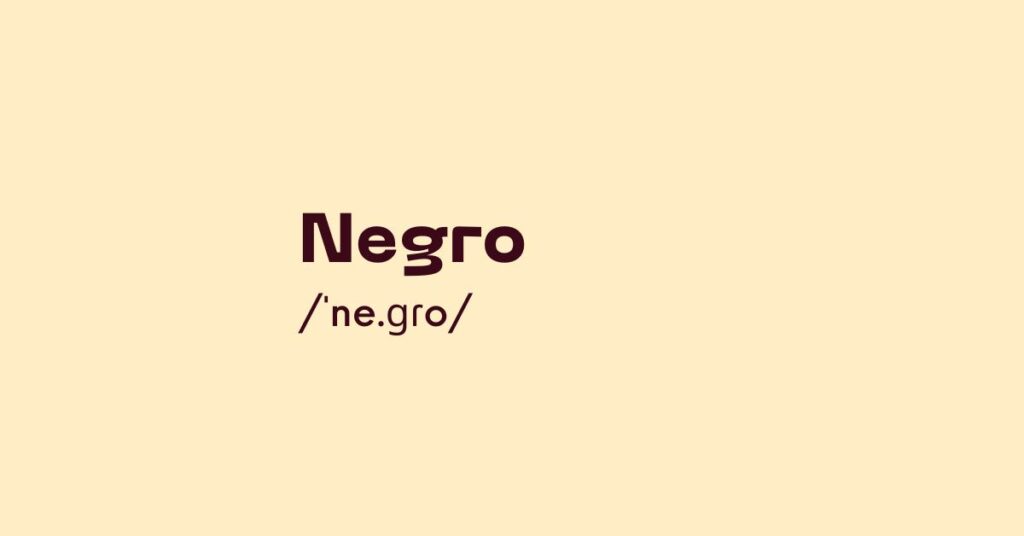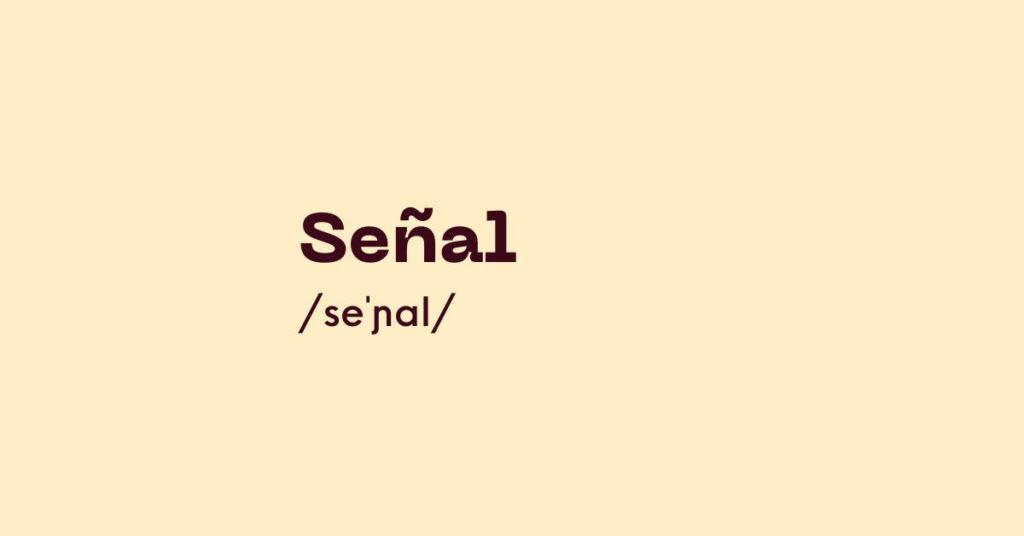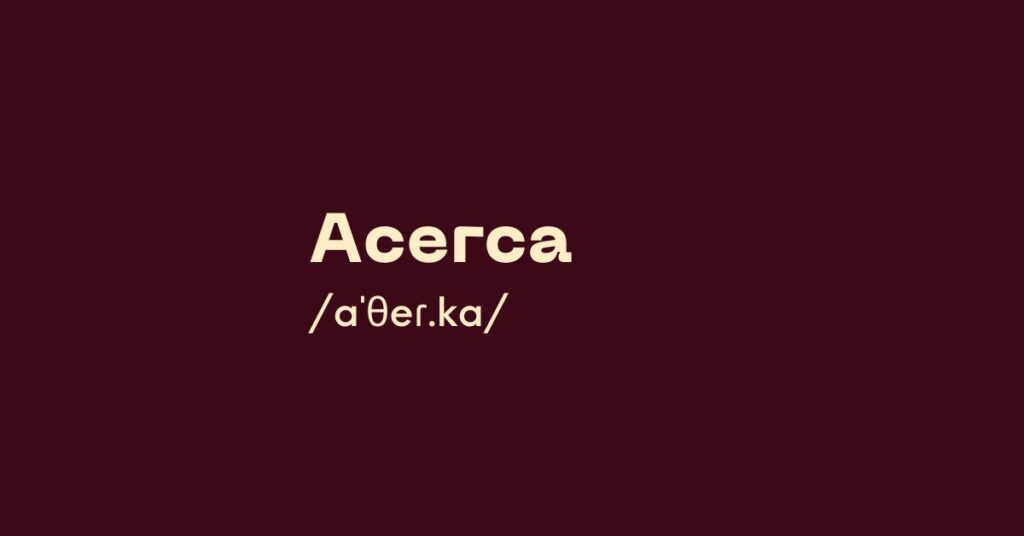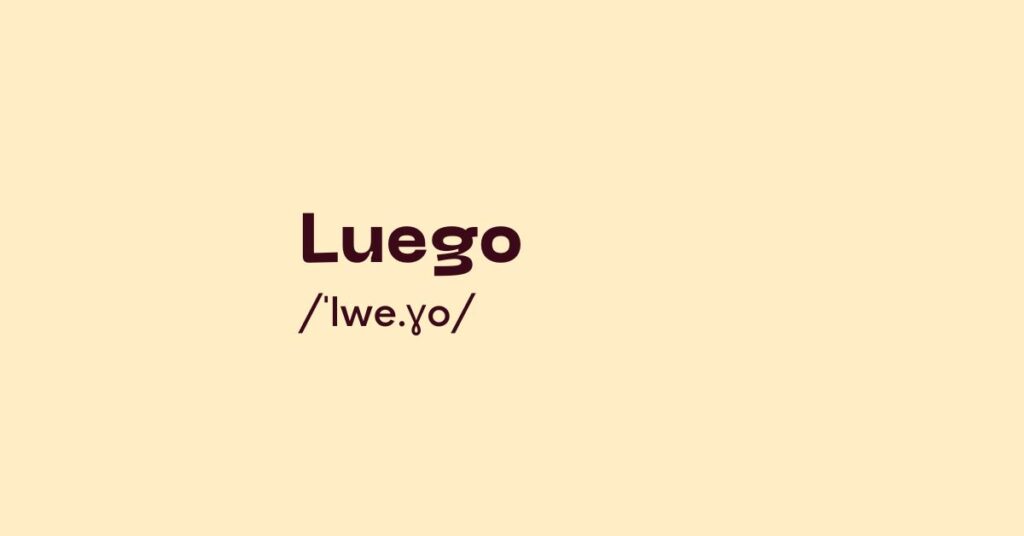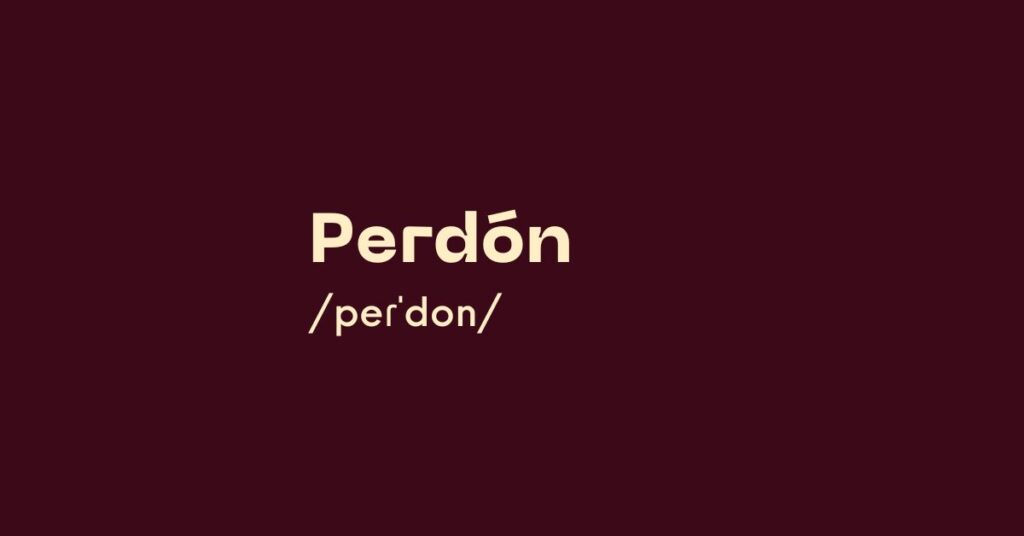Adentro
Today’s Spanish word of the day is “adentro”. It’s an adverb meaning “inside”, “in”, “inward” or “indoors”. The structure [place] + “adentro” can be used to describe movement deeper into a place, for example: The word “adentro” is formed by adding the preposition “a” (“to”) to the word “dentro” (“inside”). Therefore, it literally means something […]

